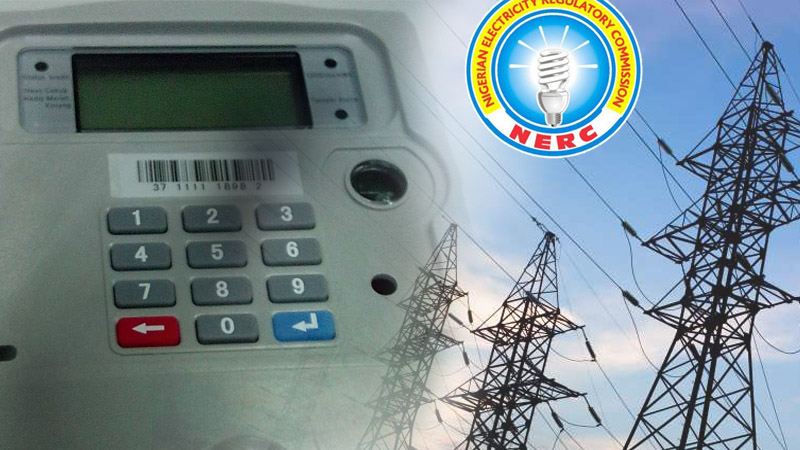Through the Nigerian Electricity Regulatory Commission (NERC), the Federal Government yesterday approved an upward review in electricity tariff.
NERC Chairman Sanusi Garba, who broke the news in Abuja, said it would cost the government between N120 billion to N130 billion monthly (N1.6 trillion) to subsidise electricity this year.
Asked for how long the government will pay the subsidy, Garba said: “Any time the government takes a decision on subsidy, we will take it into consideration in our next tariff.
“In other words, even if there is an upward review of the cost of electricity, the government will be absorbing the increase for as long as it can.”
The Multi Year Tariff Order (MYTO) took effect from January 1.
According to the NERC, non-maximum demand (MD) customers of the Abuja Electricity Distribution Company (AEDC) band will retain the N68.20 per kilowatt tariff.
The review has affected the cost reflective tariff for the bad, which was N88.47 in 2023 but now N124.42 this year, indicating a N35.95 increase per kw. It means that the government has subsidised N35.95 for consumers in the category.
Under the Eko Electricity Distribution Company (EKEDC) band, non-maximum demand (MD) customers, who paid N67.48 last year, will still to pay the same price this year. However, their cost reflective tariff has moved N89.03 last year to N114.84 this year. This indicates a subsidy of N25.81 per kw.
Garba, however, explained that the cost of kilowatt of electricity differs from one Electricity Distribution Company (DisCo) to the other, owing to their economic peculiarities.
The chairman said: “The commission has issued a tariff order that was just posted on our website yesterday (Tuesday).
“The tariff order contains the appropriate tariff the DisCos should be charging if they have to remain in business and the rules are very clear about the tariff order: some 110, some 120 and 130.
“Different DisCos have different parameters, efficiency levels and so on.
“But we have published what they should charge. We have also published the amount they are allowed to charge based on government policy because government has decided for now because of the living crisis, and so many things to in the meantime continue subsidizing electricity.
“So, if you check the order you will see that tariffs are not going up but the in the order, you will see what the DisCos should be charging.
“You can also see in the order the amount of subsidy the government will be providing to cover the gap, what they should charge that they are not allowed to charge without subsidy.”
He hinted of a provision to make sure that distribution companies pay what they are entitled and what they are obligated to pay because DisCos are in the business of buying electricity from Nigerian Bulk Electricity Trading Company Plc (NBET) and distribute to end – use customers.
Garba explained: “So, they have an obligation to pay for that energy. Any distribution company that fails to honour its financial obligations to the market will be subjected to regulatory intervention by the commission as provided in the Electricity Act.”
The chairman noted that commission has decided to set aside some fund (Meter Acquisition Fund (MAF) from the electricity market revenue for metering.


